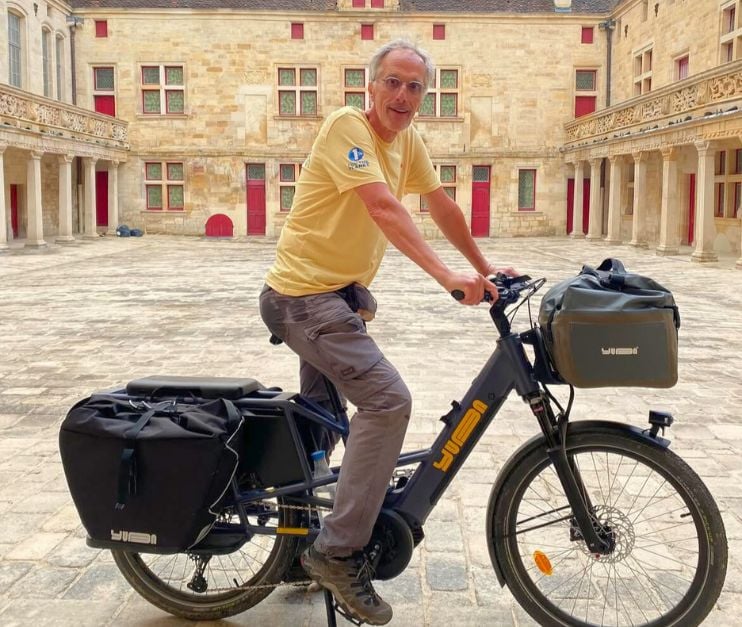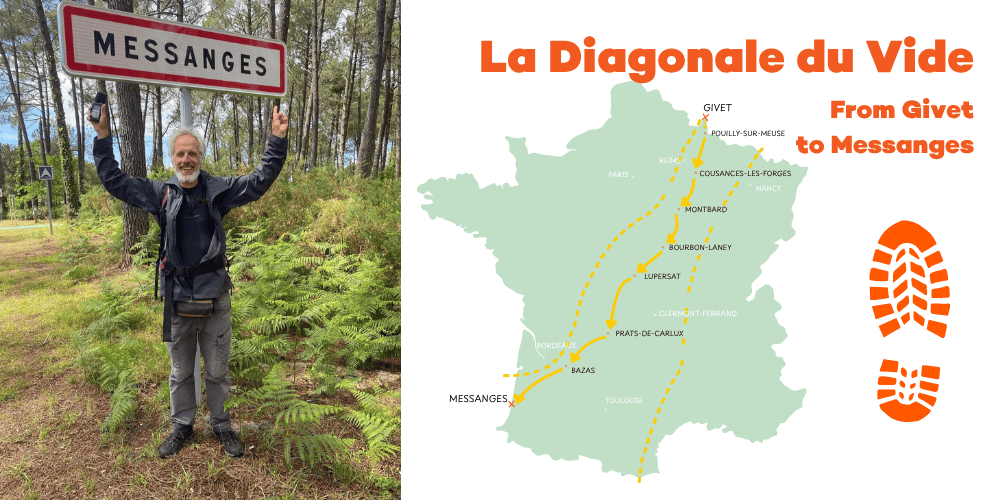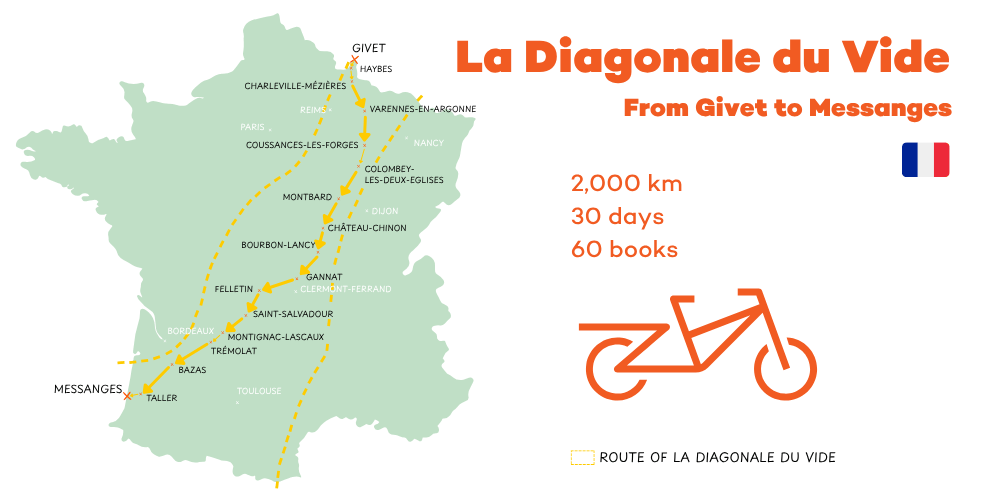-
Compact
-
Longtail
-
Frontloader
-
Compact
-
Longtail
-
Frontloader
Compact bikes
Transport from one to 2 passengers and store your bikes easily
Longtail bikes
Built to carry 3+ passengers and large loads, safely and with ease.
Frontloader bikes
Perfect for transporting large loads or passengers in a front cargo box.
Suggestions
Contents
Cargo Bikes
Compact
Longtail
Built to carry 3+ passengers and large loads, safely and with ease.
Frontloader
Perfect for transporting large loads or passengers in a front cargo box.
Add-Ons
Yuba Lifestyle
Try a Yuba
Support
Search
Suggestions
Contents
Free delivery on all orders over €200!

































